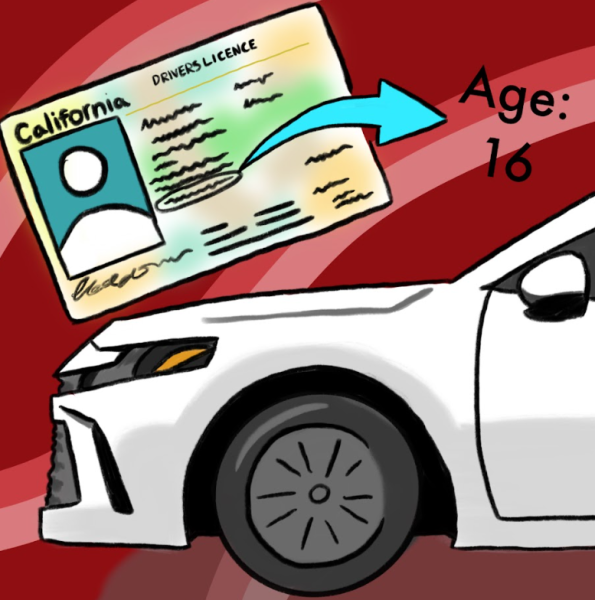Affirmative Action is Needed
First thing’s first, affirmative action is not racist or unfair. The practice of affirmative action began in 1961 as a government initiative to offer opportunities for historically excluded minority groups. However, California banned it in 1996 through Proposition 209, which prohibited the consideration of race and gender in public employment, public contracting, and public education. Voting for Proposition 16 would reverse this, though.
According to State Sen. Holly Mitchell, a big problem when addressing affirmative action is that “people are afraid that, in order to share power or resources, you might have to give something up.” This irrational fear can be seen in the infamous Abigail Fisher affirmative action Supreme Court case, where she argued that she had done everything needed to get into the University of Texas at Austin except having the right skin color. Despite there being actual factors that the school took into consideration for her rejection, Fisher became a symbol of racial victimization to those who believe that affirmative action takes away from the true hard-working students and gives it to lesser students only because of the color of their skin.
Despite this stigma, the University of California’s freshman fall admissions summary reports that for 2019, out of the UC freshmen admits, 52% were Asian and white while only 28% were Black and Latinx. This is unusual since Asians and whites made up 49% of the freshman applicants, while Black and Latinx students made up 33%. The summary report also shows that Native American students made up less than 1% of both the freshman applicants and the freshman admits. The disproportionate levels of these particular ethnic communities’ admission rates only go to show that some kind of action must be taken in order to reach more proportionate levels. Clearly, there seems to be an imbalance between the white and Asian students and the Black, Latinx, and Native American students who are admitted into the UC schools.
If Proposition 209 were to be repealed, no individual would be stealing another student’s opportunity to have a better education. College admissions usually factor in a student’s grades, work ethic, extracurriculars, etc, but UC President Janet Napolitano stated, “It makes little sense to exclude any consideration of race in admission when the aim of the University’s holistic process is to fully understand and evaluate each applicant through multiple dimensions.” In the end, Proposition 209 does not allow California schools to truly reflect the cultural, racial, and socioeconomic diversity. It is also important for individuals to realize that ignoring the impacts of racism is damaging to minority groups, but especially the Black, Latinx, and Native American community in regards to college admissions.
To all the eligible voters, I am urging you to vote YES on Proposition 16. A student’s race currently carries a lot more weight than skin color. It means diversity and representation of historically underrepresented peoples.

Hi, everyone! My name is Anicia Aguilar and I’m currently a senior at Quartz Hill High School. This is my first year in journalism, which I know is late,...







